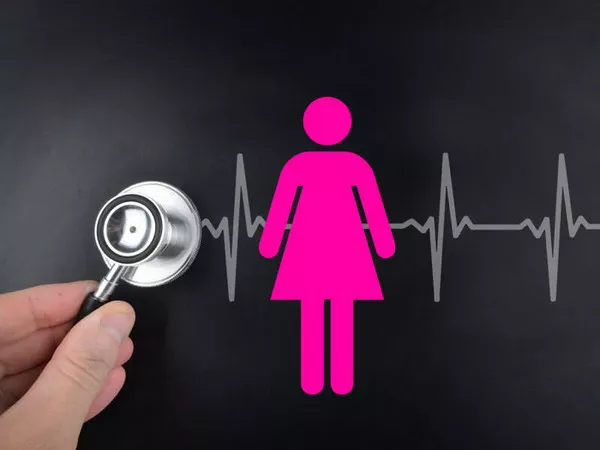Ally Frank, now a psychology student at Purdue University, vividly recalls her first encounter with menstruation. Unlike many of her peers, she navigated this milestone confidently, thanks to comprehensive sex education received during middle school in Illinois. However, her journey into understanding her own body took an unexpected turn when she encountered unfamiliar vaginal discharge. “I didn’t know that was a thing, and I didn’t know what to do about it,” she admitted, reflecting on the confusion that ensued.
Frank’s experience underscores a broader issue: the pervasive lack of understanding among young women about their reproductive health. Issues such as inappropriate use of scented products near the vagina, which Frank discovered through a gynecologist, illustrate the repercussions of inadequate education. “No one taught Frank that scents or douches shouldn’t go near her vagina,” she lamented, highlighting the potential harm caused by misleading marketing and societal taboos.
The ramifications of insufficient education on women’s health are not isolated incidents. A study commissioned by INTIMINA revealed that one in four women cannot correctly identify the vagina, pointing to a systemic failure in sex education across the United States. As of 2020, only 29 states mandate sex education, leaving significant gaps in knowledge and understanding for many young women, particularly in states like Indiana where comprehensive sex education is not required.
Obstetrician gynecologist Sara Baumgartner, who practices at The South Bend Clinic, frequently encounters women who lack even basic knowledge about their own bodies. “A lot of women come in not even knowing the basic female anatomy or understanding how a typical menstrual cycle functions,” Baumgartner observed. This gap in knowledge can lead to serious health consequences, including the normalization of symptoms like pain and heavy bleeding that may indicate underlying conditions such as endometriosis or uterine fibroids.
Uterine fibroids, benign growths in the uterus, affect up to 77% of women during their reproductive years and can lead to symptoms such as heavy periods and pain during intercourse. Similarly, endometriosis, a condition affecting 10% of reproductive-age women worldwide, often goes undiagnosed for years due to lack of awareness among both patients and healthcare providers.
Sophie Shank, a graduate student at Purdue University, experienced firsthand the challenges of navigating women’s health issues. Misdiagnosed with endometriosis herself, Shank emphasizes the importance of education in empowering women to advocate for their own health. “Being aware of conditions like endometriosis or uterine fibroids can help women seek preventive care and identify diseases earlier,” she asserted.
Recognizing these challenges, the Biden administration issued an executive order aimed at advancing women’s health research and improving education on reproductive health. The order aims to bridge gaps in knowledge and ensure that advancements in women’s health translate into tangible benefits for all women, including those historically underrepresented in research.
Moving forward, healthcare professionals like Baumgartner advocate for a shift in sex education to focus on empowering women with accurate, comprehensive information about their bodies. This approach, she believes, will foster a culture where women feel empowered to discuss their reproductive health openly and seek the care they need.
For those seeking more information on women’s health, resources such as the American College of Obstetricians and Gynecologists provide reliable guidance. Ultimately, the journey towards better health outcomes for women begins with education and empowerment, ensuring that every woman has the knowledge and agency to make informed decisions about her own body.


